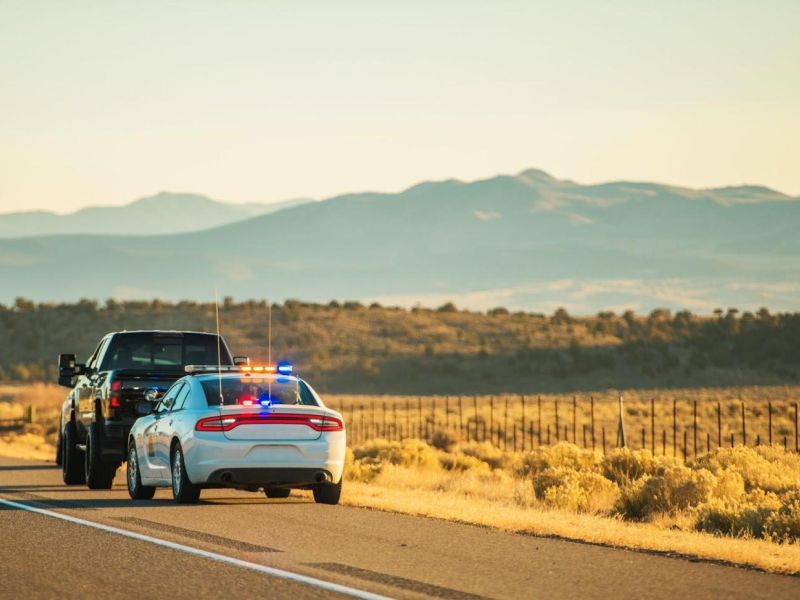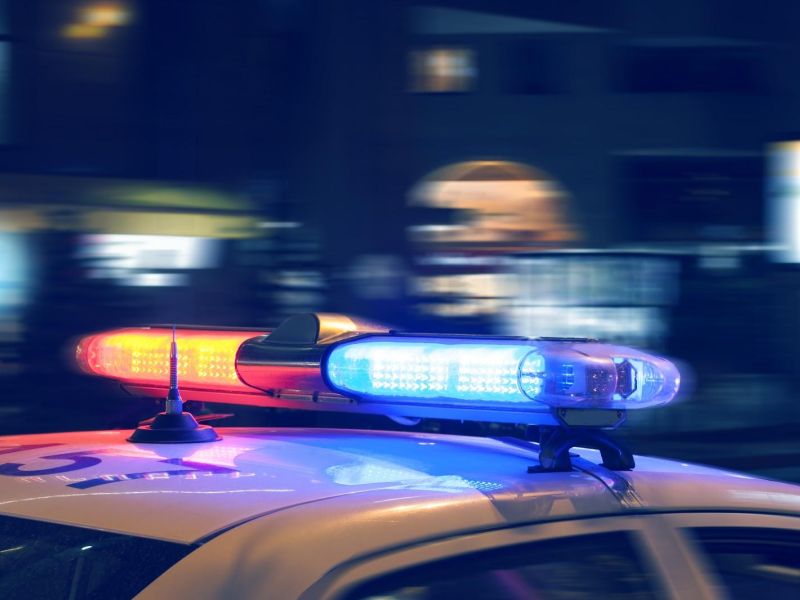
— DUI
7 Ways To Protect Yourself If Stopped For A DUI Or DWI
According to the National Highway Traffic Safety Administration (NHTSA), over 13,000 individuals died in 2021 as a result of alcohol-linked traffic collisions. Since alcohol and other substances can severely impair a person’s ability to drive safely, law enforcement officials may choose to pull over and arrest a motorist they suspect of driving while under the influence. There are several things the motorist can do to remain safe and exercise their legal rights in this scenario. The following seven strategies may prove especially useful for protection when stopped for a DUI or DWI. Those who are already facing these charges, however, may wish to schedule a personalized consultation with a Virginia traffic law attorney. Call Driving Defense Law today at (757) 929-0335 to discuss your situation in more detail.
What Does a DUI or DWI Mean?
Some states consider a driving under the influence (DUI) offense as less serious than driving while intoxicated (DWI), but this is not the case in Virginia. The Old Dominion uses both terms interchangeably, with the same definitions and penalties. That said, there are a few general distinctions between the two offenses:
- DWI: The United States Department of Transport defines impaired driving as driving that occurs when an individual operates a vehicle with a blood alcohol content level (BAC) of 0.08% or more. In clinical terms, alcohol’s effects on the human nervous system are due to its toxicity, and it is this toxicity to which “driving while intoxicated” refers. As elsewhere in pharmacology and toxicology, “the dose makes the poison”––so for law enforcement purposes, the degree of intoxication indicated by a BAC of 0.08% or greater is treated as sufficient to warrant the presumption of impairment, irrespective of whether the individual appears intoxicated.
- DUI: In contrast, a DUI charge concerns whether alcohol consumption has impaired driving ability. In terms of the technicalities involved, DUI discussions generally turn on measures of the driver’s impairment, rather than of their chemical intoxication as ascertained by breath, blood, or urine tests. The degree of impairment is the most important element, and a motorist can be found guilty of DUI regardless of their BAC level.
Drivers concerned with technical questions of toxicology may wish to familiarize themselves with the language of Va. Code § 18.2-266, which establishes that Virginia’s laws prohibiting drunk driving also apply to intoxication with a variety of other substances known or suspected to cause impairment. The statute lists some of these substances, and the levels of chemically-measured intoxication at which they are presumed to cause impairment, but the list also includes “catch-all” phrases to provide for the possibility of novel intoxicants and combinations.
What To Do if Pulled Over for DUI
Drivers stopped for a DUI in Virginia are often understandably nervous. If you are pulled over for a DUI, stay calm, and consider following these seven steps to protect your rights.
Pull Over Promptly and Safely
Police officers executing a traffic stop on suspicion of DWI will be observing drivers from the moment they decide they have probable cause for the stop itself, and they will typically put any corroborating observations in their reports. Motorists should keep this in mind as they consider when and how to pull over, as the police officer will likely note any indication of impaired driving. These observations, recorded close in time to the original event, often go on to become the basis for the prosecution’s case. Frequently the state prosecutor will also call the arresting officer to testify in court regarding the observations they recorded in their initial report.
Avoid Suspicious or Sudden Movements
Police officers receive training designed to help them stay alert and protect themselves in the field, and they will typically approach the vehicle from the back so they can clearly see what is going on inside the car, a strategy which gives them time to react in the event that a motorist should turn around and attack. This approach vector also gives the officer an opportunity to observe a suspect’s behavior before interacting face-to-face.
Rather than run the risk of raising enhanced suspicions, avoid sudden movements, including turning around to view the officer as they approach. Furthermore, do not slump down in the seat or get out of the vehicle suddenly. Instead, maintain standard driving posture and keep both hands on the steering wheel until the law enforcement officer reaches the window and asks for license and registration documents. To gain a more comprehensive understanding of how a person can protect their legal rights if stopped for a DUI or DWI, arrange a consultation with an experienced Virginia traffic law attorney from Driving Defense Law.
What To Say When a Cop Asks if You Have Been Drinking?
In general, motorists should refrain from volunteering information about their alcohol consumption, or lack thereof. If law enforcement personnel ask directly whether you have been drinking, and the honest answer is no, feel free to give that answer.
If the honest answer is yes, then you may wish to consider stating that you have been advised not to answer any questions, and perhaps asking for permission to contact your attorney, rather than providing law enforcement with probable cause for escalating from an investigatory stop, as described by Cornell Law School’s Legal Information Institute, to a DUI investigation and subsequent arrest.
What Do You Say When a Cop Pulls You Over?
When pulled over by a police officer, communicate politely and calmly, allow the police officer to speak first, and avoid admitting any wrongdoing. Provide brief responses to questions, such as “Yes”, “No”, or “I am not required to answer that” (the third response can be a suitable reply to questions related to sleeping, eating, or drinking alcohol).
7 Things To Do if Stopped for a DUI or DWI
In addition to following the steps above, motorists can safeguard their legal rights by considering these seven points if stopped for a DWI or DUI:
- Be respectful toward the officer, adopt a courteous attitude, and avoid being hostile, insincere, or rude.
- Provide the officer with the correct name, license, insurance, and registration details, but do not volunteer information regarding your activities, including drinking.
- Consider refusing to take field sobriety tests due to their unreliability and subjective nature in favor of a more scientific assessment.
- Due to the inconsistencies of roadside breathalyzers, motorists may consider refusing them to avoid possible jail time. On the other hand, Virginia drivers have the right to request a preliminary breath test under Va. Code § 18.2-267, even if drivers may not always wish to exercise this right.
- If, however, the officer performing the traffic stop places the driver under arrest, refusing to submit to a chemical test at the police station within three hours of the arrest incident may constitute a violation of Va. Code § 18.2-268.3, which describes a licensed driver’s implied consent.
- After release (and while the memories are still fresh), the driver will likely wish to document the circumstances of their arrest, the details of their interactions with the arresting officer(s), and an account of any chemical tests administered, together with their results.
- Consider reaching out to an attorney to discuss your legal options.
Contact a Virginia Traffic Law Attorney Today
Law enforcement interactions can be overwhelming and intimidating, particularly for those who have never encountered a DUI stop before. When a person understands their rights regarding DWI traffic stops, they put themselves in a position to protect those rights and to defend them in court, including with the support of an experienced criminal defense attorney. Learn more about how to protect your legal rights when stopped for a DUI, and discover how a Virginia traffic law attorney may be able to help. Call Driving Defense Law at (757) 929-0335 to get started.

